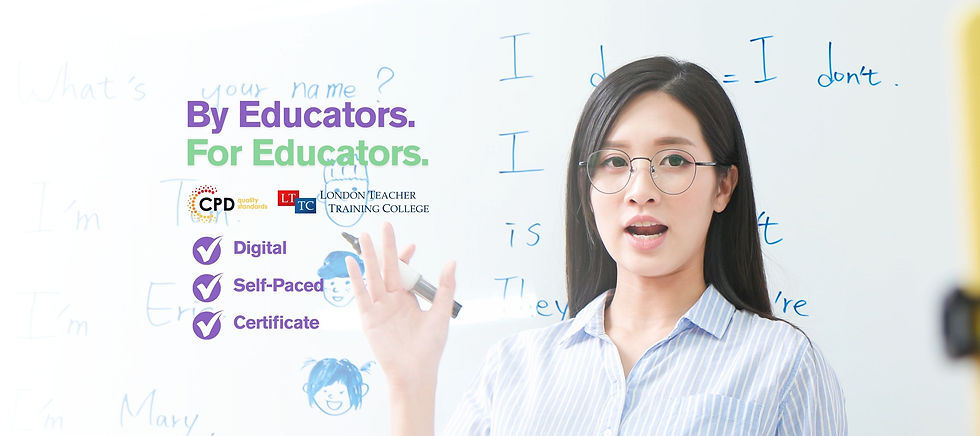Why Child Psychology Is Your Secret Weapon for Parenting and Teaching
- Henry Maximus C

- Jun 12
- 2 min read
Hello, amazing parents and teachers! Ever wondered why your little one throws a tantrum over a broken crayon or why they’re suddenly so shy at school? Understanding child behavior can feel like solving a puzzle, but here’s a game-changer: child psychology for parents and teachers! It’s like having a secret weapon to unlock what’s going on in those tiny minds.

At IPPAcademy, we’re passionate about helping you support kids’ growth, and today we’re sharing why psychology in early education is a must—plus three tips to get started!
What Child Psychology Can Do for You
Child psychology isn’t just for experts—it’s for anyone who wants to connect with kids on a deeper level. It helps you figure out why kids act the way they do, from big meltdowns to quiet moments. Are they cranky because they’re tired, or are they testing boundaries?
Knowing the “why” behind their actions makes it easier to guide them with patience and love. Plus, it helps you support their emotional and social growth, setting them up to thrive in school and beyond. Psychology in early education is all about building stronger, happier kids!
3 Ways to Use Child Psychology Every Day
Ready to try it yourself? Here are three simple tips to bring child psychology into your parenting or teaching:
Listen with Your Heart
When your child is upset, get down to their level and really listen. If they say, “I hate school,” ask gentle questions like, “What happened today?” This helps them feel safe to share, and you’ll learn what’s really going on—like maybe they’re nervous about a test.

Spot Their Emotional Triggers
Notice what sets off big reactions. Does your child get cranky before lunch? They might be hungry! Or do they clam up around new people? They might need extra time to warm up. Understanding these triggers lets you step in with support, like a snack or a quiet chat.
Celebrate Their Unique Pace
Every child grows differently—some talk early, others take their time. Instead of comparing, cheer on their progress, like clapping when they tie their shoes for the first time. This builds their confidence and shows them you’re their biggest fan.
These tips are small but mighty ways to support kids’ growth with a little psychology magic!
Dive Deeper with IPPAcademy
Want to become a pro at understanding child behavior? IPPAcademy’s Certificate in Child-Centred Play Therapy is perfect for parents and teachers like you! This online course breaks down child psychology and play therapy in a fun, easy way, with practical ideas you can use right away.
Feel free to also check out our Advanced Certificate in Playgroup Instructor Training to learn more about theoretical foundations and practical tips in playgroup instructor training.



![[一文看清] Phonics vs Phonetics:哪個更適合你的學生?](https://static.wixstatic.com/media/11062b_5832eed02a9a43f6a75eba854c34432a~mv2.jpg/v1/fill/w_980,h_653,al_c,q_85,usm_0.66_1.00_0.01,enc_avif,quality_auto/11062b_5832eed02a9a43f6a75eba854c34432a~mv2.jpg)
Comments